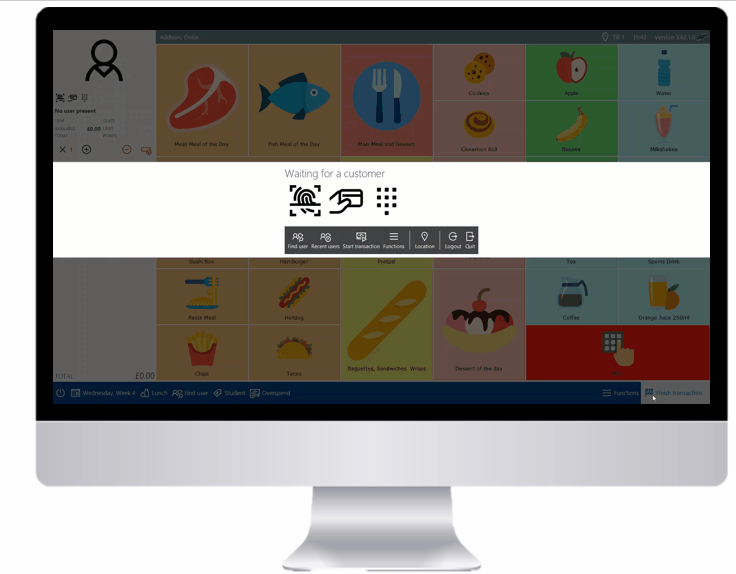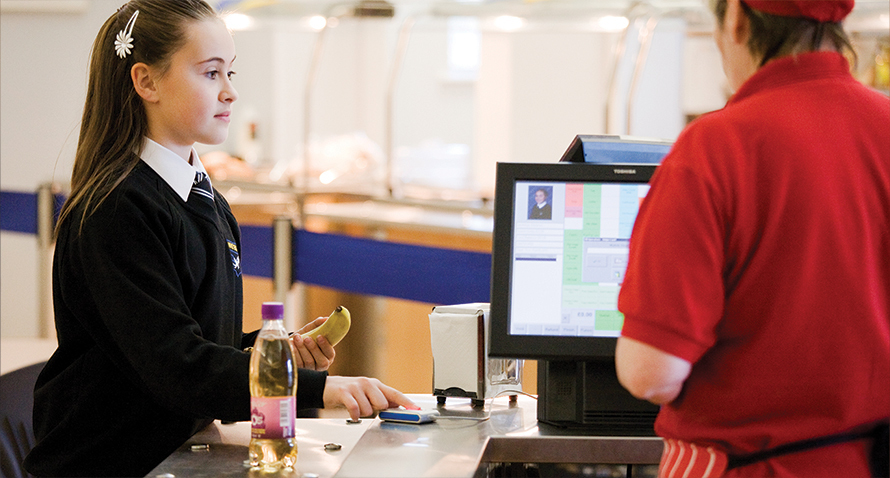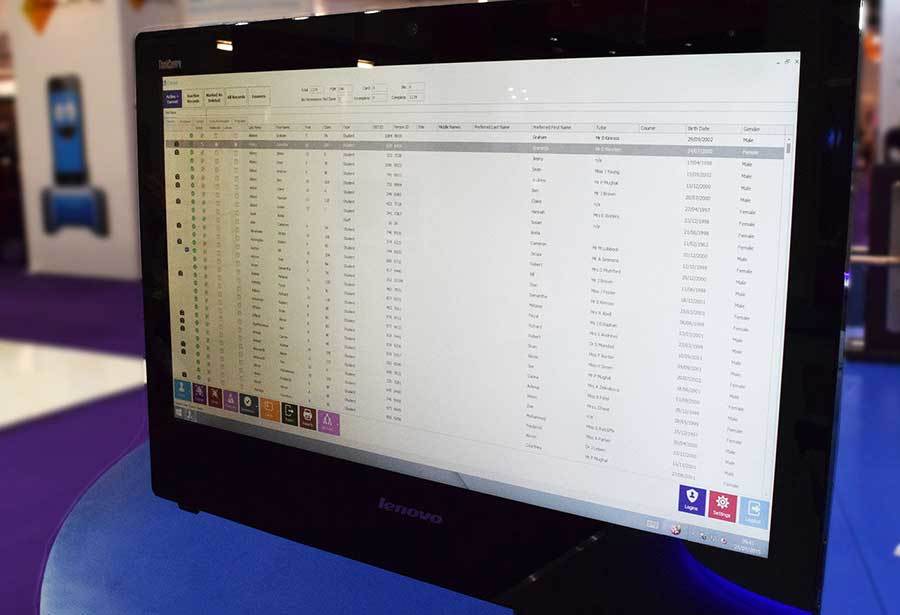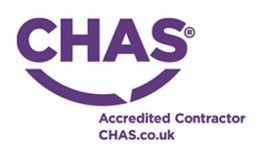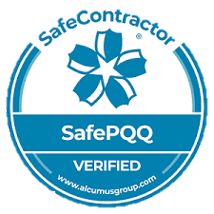With the upcoming implementation of Natasha's Law, a new piece of legislation that requires food businesses to provide complete ingredient lists on their products, schools and businesses are re-evaluating how they protect allergy sufferers in their day-to-day operations.
44% of adults have at least one allergy in the UK alone. Twenty years before 2012, there was a 615% increase in the rate of hospital admissions due to anaphylaxis.
Whilst the number of online resources and training courses has improved significantly due to Natasha's Law, one of the top dangers for unsuspecting allergy sufferers is human error. Mislabeling food packages on-site or having no notification to stop those allergic to certain foods from consuming them can be dangerous accidents even for the most skilled caterers.
So how can we safeguard school pupils and consumers from allergens? Technology is stepping in to help.

Using technology to safeguard staff and pupils
The rise of cashless catering in schools has made it easier than ever for pupils to order, purchase and collect their meals seamlessly. Fusion, our cashless catering software, has built-in preventative measures such as Smart Alerts, which inform the operator of the relevant allergen information to protect students from purchasing meals and snacks which contain allergens.
The software allows parents and guardians to input their child's allergen information and dietary requirements such as gluten-free, vegan or vegetarian into their Fusion account. This feature means that once a child is identified at the point of sale using their preferred biometric method, the system will bring up an alert onscreen to catering staff to prevent people from ordering potentially harmful foods.
Cashless catering features such as these are vital for delivering life-saving information where it is needed most.
Visibility of allergen information
Bringing technology into schools provides teachers, school caterers, and other staff members with greater visibility of their student information, including dietary requirements. This increased visibility means that they can evaluate the needs of the pupils in their care and appropriately plan meal options around the dietary and allergen information submitted to them.
Having this new level of insight ensures that pupils can enjoy the food they love as it can be pre-planned to accommodate their requirements. For pupils who sometimes miss out on meals due to lack of choice, technology such as centralised databases enables them to order what they want instead of what is leftover.
Finally, technology acts as a failsafe for human error. Natasha's Law was passed to parliament due to passionate campaigning by the family of Natasha Ednan-Laperouse. She tragically passed away due to an undisclosed sesame product in a pre-packaged baguette. It is predicted that by 2025 half of all Europeans will be affected by allergies, so putting in these measures now will protect people in the future.
Even with complete ingredient lists legally required from October 2021, cashless catering technology will prevent caterers from ever passing potentially dangerous foods into the hands of allergy sufferers.
We hope that the continuous innovation of technology will continue to make the school canteen a safer environment for everyone.
Are you interested in additional protection for allergy sufferers in your school? Book a demo of Fusion today.


